Zebadiah | זְבַדְיָה (Hebrew) | Name
Etymology and Semantic Analysis of Zebadiah The name “Zebadiah” originates from the Hebrew word זְבַדְיָה (Z’vadyah), which means “Yahweh has bestowed” or “Gift of Yahweh.” This name is composed of two elements: זָבַד (zavad), meaning “to give,” and יָה (Yah), a shortened form of יְהוֹוָה (YHWH), the tetragrammaton, representing the name of God in the […]
Zanoah | Hebrew: זָנוֹחַ | Name
Etymology and Semantic Analysis The name Zanoah derives from the Hebrew root ‘זָנוֹחַ’, a noun that appears in the context of biblical geography rather than as a verb or adjective. This name is identified with a town in the Judaean hills, mentioned in the Bible within the context of lists detailing settlements in the region. […]
Zaavan | זָעַוָּן (Hebrew) | Name
Etymology and Semantic Analysis The name Zaavan, originating from Hebrew, appears in the Old Testament. Specifically, the Hebrew word זָעַוָּן (Zaavan) signifies agitation or trembling. The semantic field surrounding Zaavan associates with restlessness or unease, hinting at the nomadic and turbulent lifestyle of the era. Biblical references to Zaavan are found in the genealogical records […]
Zacchur | זַכּוּר | Name
Etymology and Semantic Analysis The name “Zacchur” originates from the Hebrew word “זַכּוּר” (Zakkur), which is derived from the root “זָכַר” (zakar), meaning “to remember” or “to mention.” This name is indicative of remembrance, possibly implying “God has remembered.” In the context of the Biblical narrative, names often carry significant meanings that reflect the circumstances […]
Yesternight | לַ֣יְלָה (layilah) | Noun
Etymology and Semantic Analysis The term ‘yesternight,’ an archaic English word, signifies the previous night or last night. It originates from the combination of ‘yester-‘ (meaning ‘previous’) and ‘night.’ In Biblical Hebrew, the word ‘לַ֣יְלָה’ (layilah) conveys a similar meaning, referring to the night or nighttime. This Hebrew term appears in several Old Testament verses, […]
Zaanaim | צְאָנִים (Tse’anayim) | Place Name
Etymology and Semantic Analysis Zaanaim, translated from the Hebrew word צְאָנִים (Tse’anayim), is a place name mentioned in the Old Testament. The root of this Hebrew term, צְאָן (Tse’on), typically refers to a flock, often of sheep or goats, implying a pastoral or grazing locale. The dual form of the word, צְאָנִים, suggests “double pasturage” […]
Moses: The Reluctant Liberator Who Rescued His People from Bondage

Moses was the towering historical figure who led the Israelites out of slavery in Egypt in perhaps the 13th century BCE. As a baby, the story goes, he was placed in a basket and set adrift on the Nile by his Hebrew family to save him from an Egyptian decree that all newborn Hebrew boys […]
Daughter | Θυγάτηρ (Thugater) | Noun
Etymology and Semantic Analysis The word ‘daughter’ in English translations of the Bible is primarily derived from the Greek word ‘Θυγάτηρ’ (Thugater) in the New Testament and the Hebrew word ‘בַּת’ (Bath) in the Old Testament. In the New Testament, ‘Θυγάτηρ’ carries a direct and literal meaning, referring to a female offspring. This term appears […]
Dan | שֵׁ֖בֶט דָּ֑ן (Hebrew) | Tribe Name
Etymology and Semantic Analysis The name “Dan” originates from the Hebrew word “שֵׁ֖בֶט דָּ֑ן” (shevet Dan), literally translating to “tribe of Dan.” This term uniquely identifies one of the twelve tribes of Israel, named after Dan, the fifth son of Jacob and the first of Bilhah, Rachel’s maidservant. The word “Dan” itself means “judge” or […]
Abraham | Father of the Jewish Nation

Abraham, often revered as the father of the Jewish nation, holds a paramount place in history, theology, and the hearts of millions. His life, spanning from approximately 2000 BC to 1822 BC, marks a foundational epoch in the formation of Jewish identity and religious tradition. This pivotal figure’s journey, characterised by faith and covenant, not […]
Nazareth | Hometown of Jesus

Nazareth, renowned as the hometown of Jesus Christ, stands as a pivotal location in historical and religious narratives. Nestled within the heart of modern-day Israel, this ancient city embodies a rich tapestry of cultural, religious, and historical significance. Its connection to Jesus Christ not only attracts millions of pilgrims annually but also makes Nazareth a […]
Jericho, Ancient City Conquered by Joshua | Jericho’s ancient walls
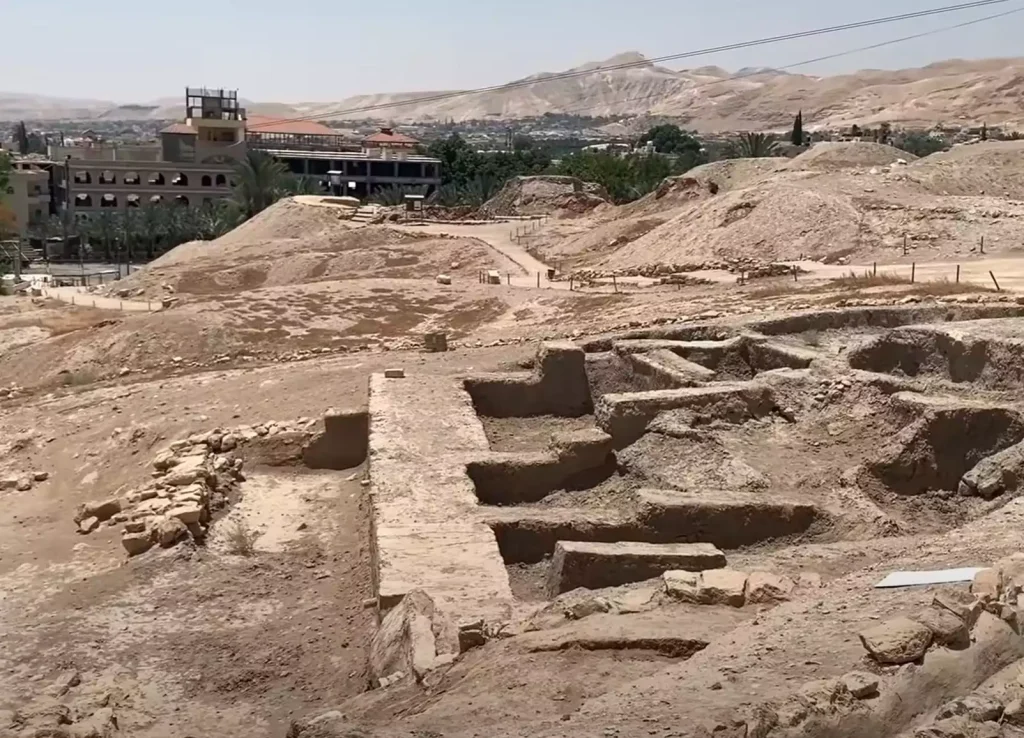
Jericho, renowned for its archaeological significance, stands as one of the oldest continuously inhabited cities in the world and plays a pivotal role in the biblical narrative of the Israelite conquest of Canaan. Situated in the Jordan Valley, this ancient city’s history is illuminated by both archaeological discoveries and scriptural accounts. Historical Background of Jericho […]
Sinai Peninsula | Biblical and Geographical Analysis
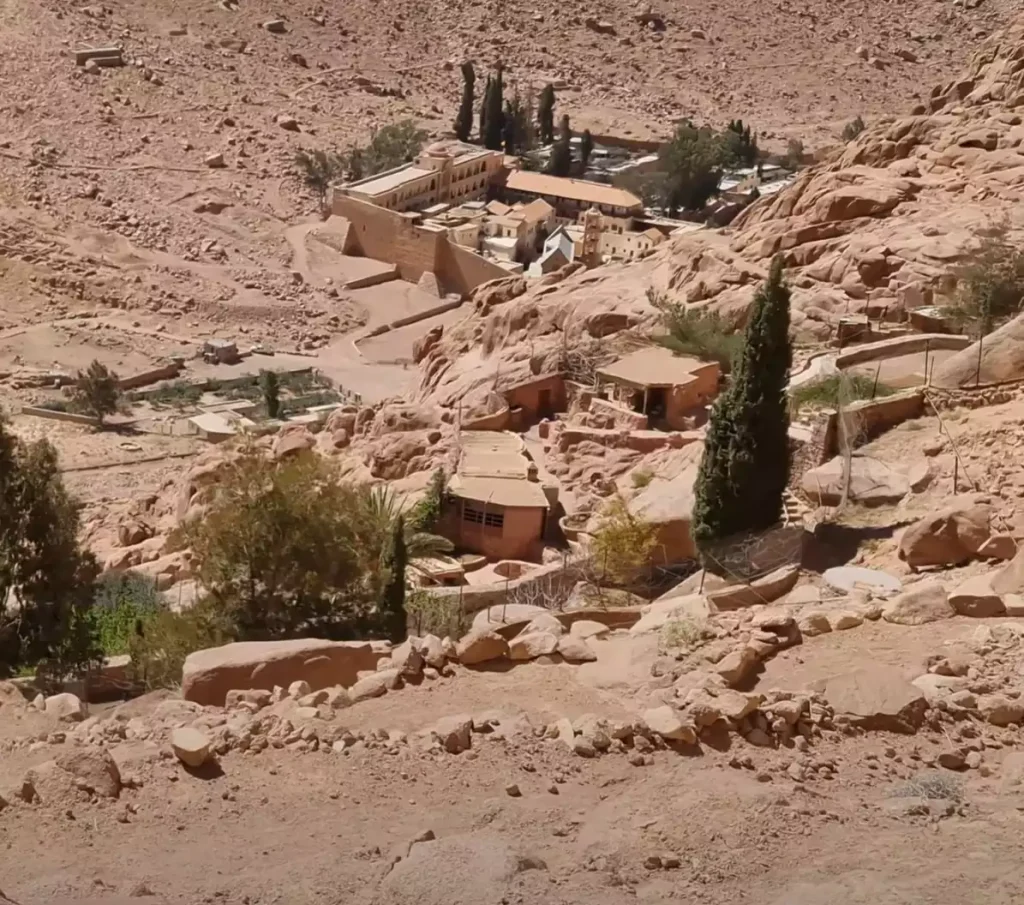
The Sinai Peninsula, a region steeped in rich religious and historical significance, serves as a geographical and cultural bridge between Asia and Africa. Renowned as the location where Moses is believed to have received the Ten Commandments, this triangular landmass has been a focal point of numerous historical events and religious narratives. Etymological and Typological […]
New Testament | Historical and Theological Significance

The New Testament, forming the cornerstone of Christian theology, is a revered collection of texts that meticulously chronicle the life, teachings, death, and resurrection of Jesus Christ. Beyond these historical accounts, it also includes profound writings that thoughtfully elaborate on Christian doctrine and the formation of the early Church. Comprising 27 books, the New Testament […]
Bible | Its Origins and Impact
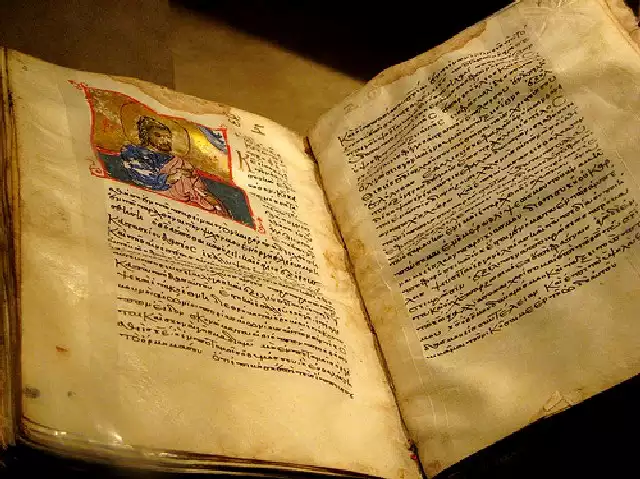
The Bible stands as a cornerstone of religious and cultural history, encompassing a collection of texts revered in Christianity and Judaism. Etymologically, the term ‘Bible’ originates from the Greek ‘ta biblia’, meaning ‘the books’, signifying its nature as a compilation of various writings. Historically, the Bible’s formation spans centuries, with its earliest portions dating back […]
Noah | Builder of the Ark
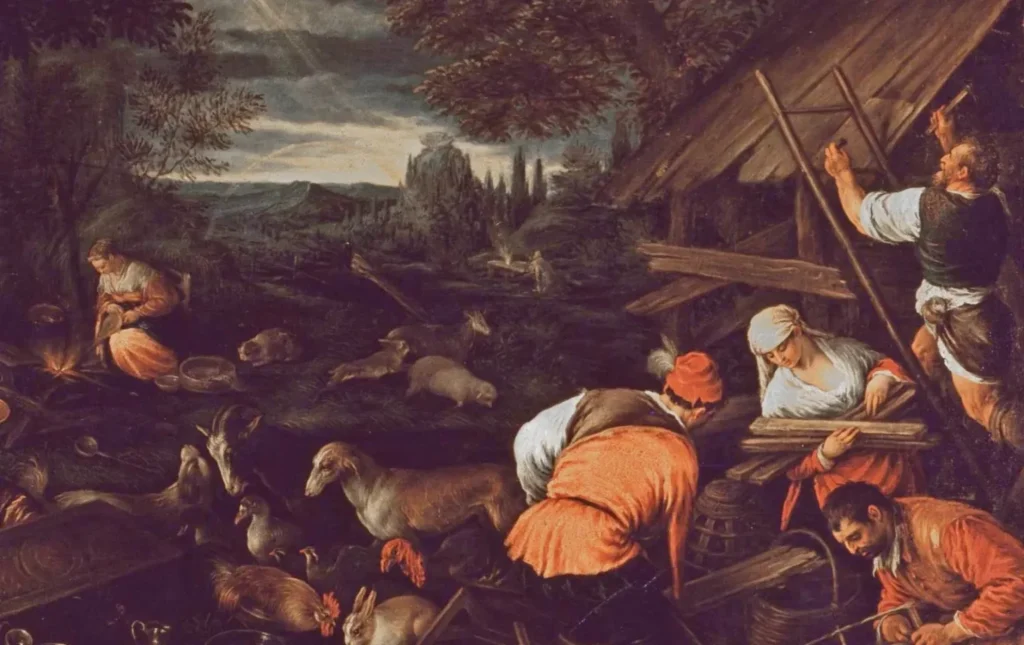
Noah, a pivotal figure in Biblical history, is renowned for constructing the ark that ensured survival during the Great Flood. His life, deeply rooted in the Book of Genesis within the Hebrew Bible and the Christian Old Testament, symbolizes faith and obedience. The exact dates of his birth and death are not recorded, but his […]
Zabulon | Jacob’s Son and Ancestor of the Israelite Tribe
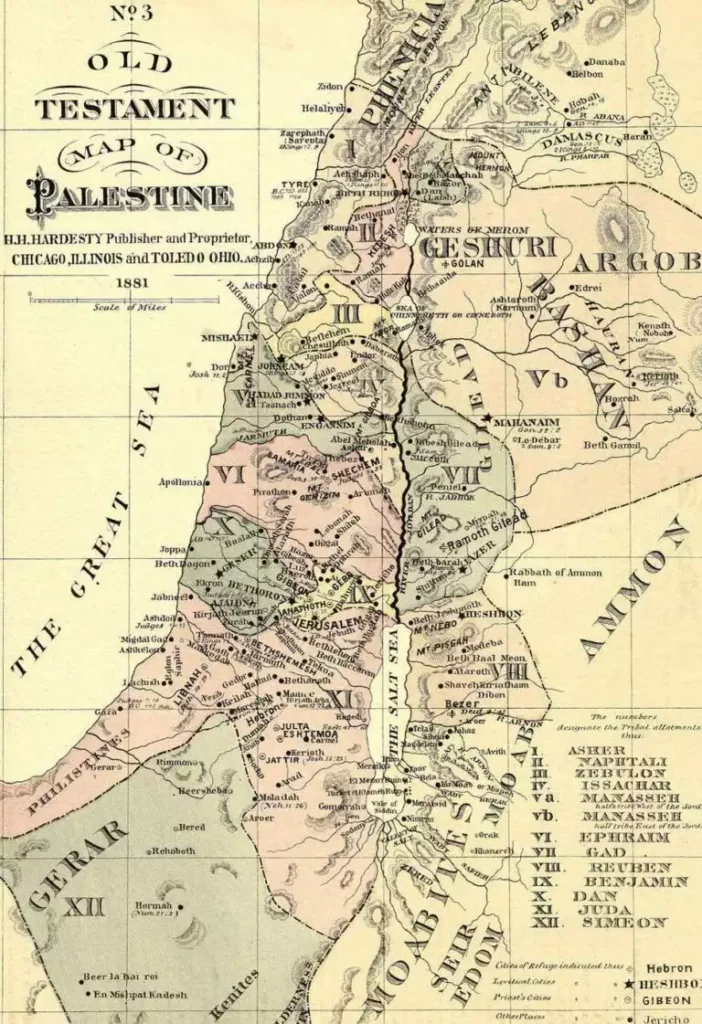
Zabulon, one of the twelve sons of Jacob and an important figure in biblical history, is a significant ancestral patriarch of the Israelite tribe bearing his name. While specific dates of his birth and death are not definitively recorded in historical texts, Zabulon’s legacy is entrenched in the cultural and religious fabric of Jewish history. […]
